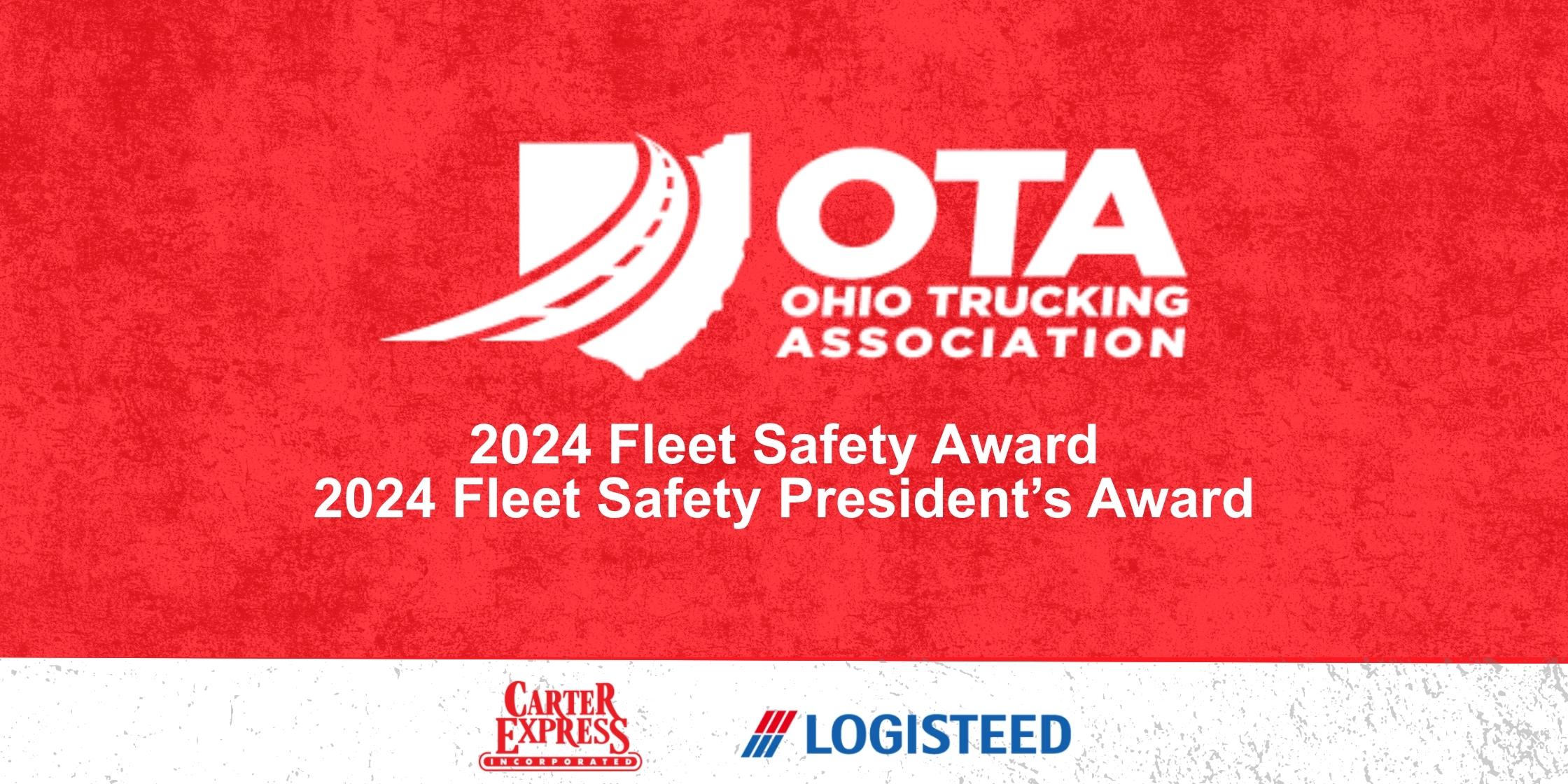Discover how Artificial Intelligence (AI) is transforming the trucking industry with Carter Express. From route optimization and predictive maintenance to advanced driver assistance systems, AI is enhancing safety, efficiency, and cost-effectiveness for truck drivers. Learn about the current role of AI, future opportunities like self-driving trucks, and how AI can reshape job roles while ensuring a safer, smarter, and more efficient trucking experience.
At Carter Express, we always look for ways to keep our fleet at the forefront of innovation and safety. One of the most exciting advancements in recent years is Artificial Intelligence (AI) in trucking. AI is transforming fleet operations by optimizing routes, enhancing driver safety, and providing predictive insights that can save time and money. Let's explore the potential of AI in the trucking industry, the opportunities it brings, and the challenges we might face along the way.
The Rise of AI in Trucking
AI isn't a futuristic concept for the trucking industry—it's already here, influencing every aspect of fleet management. From route optimization to predictive maintenance, AI tools make trucking operations more efficient. For instance, AI-driven route planning can analyze real-time data from GPS devices, traffic reports, and more to determine the most efficient route for delivery. This can significantly reduce fuel costs and delivery times.
AI-powered driver assistance systems are another game-changer. These systems can detect blind spots, warn drivers of potential collisions, and even apply emergency brakes if necessary. Automated driver assistance systems (ADAS) have reduced vehicle accidents by 44%, proving that AI is more than just a buzzword; it's a lifesaver.
AI’s Current Role in the Trucking Industry
The trucking industry already relies heavily on AI to improve safety, efficiency, and cost-effectiveness:
The Future of AI in Trucking: Opportunities and Challenges
AI's impact on trucking will grow even more in the coming years. Here are some ways it could shape the industry going forward:
Weighing the Pros and Cons
Like any technology, AI brings both benefits and challenges to the trucking industry:
AI at Carter Express: Embracing the Future
At Carter Express, we recognize AI's potential and are excited about its role in shaping the future of trucking. While there are challenges to consider, the benefits—enhanced safety, reduced costs, and improved efficiency—make it clear that AI is here to stay. As we continue to embrace these innovations, we remain committed to supporting our drivers, ensuring they have the tools and training to thrive in an increasingly digital world.
AI is revolutionizing the trucking industry, and at Carter Express, we’re ready to drive into the future with confidence.


